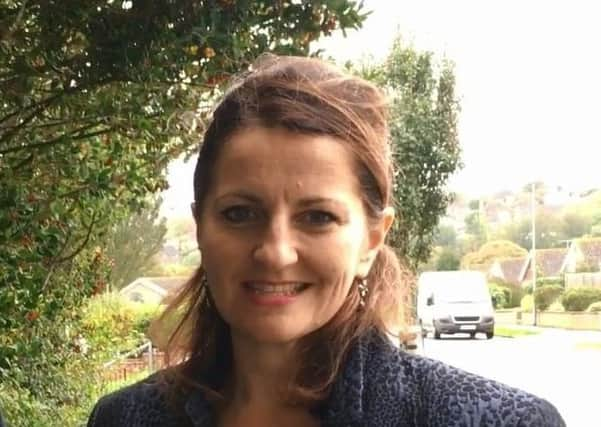CAROLINE ANSELL MP: Pandemic has deepened digital divide


To say Covid-19 has accelerated the move to online is perhaps the understatement of the century. Without it, these last few months would have been more difficult and certainly lonelier for many. I would like to thank everyone involved in keeping these services working. They have been life savers.
However, even though the vast majority take broadband and mobile phones for granted and consider them a basic utility, around two million people in the UK - many of them elderly - do not have any internet access at all.
Advertisement
Hide AdAdvertisement
Hide AdMany millions of others cannot afford or do not have the credit rating to enter into a broadband deal and have to use pay as you go services for mobile data at a much greater cost.
The government recognised this during lockdown and worked with providers to lift data caps for example but there is a problem here that is now growing as more and more goes online.
This is where I give a shout out to Chris Hunnisett of Tubbs Computer Services in Eastbourne and John Crowhurst who I met last week when I visited Willingdon Trees Community Centre. Chris and John have worked with 3VA to clean and repair donated computers and laptops and other tech and give them to vulnerable people and families so that children can take part in online lessons or older people can book GP or hospital appointments.
I am certainly concerned about this digital divide that is growing larger by the day. More and more is moving online and in nearly all cases it’s a good thing, if you have wifi. Locally, GP surgeries and the DGH have made significant shifts to virtual appointments in the pandemic and I only see that advancing now. It delivers many benefits.
Advertisement
Hide AdAdvertisement
Hide AdBut for the millions without internet access this means compromised access to healthcare, education or job opportunities. We must proceed with caution and ensure alternatives are there for the foreseeable future.
The use of debit cards and the astounding demise of cash since March is another problem. Around 1.2 million people in the UK do not have a bank account and research a few years ago from a digital current account provider found this led to a £485 ‘poverty premium’ because they have to pay more for utilities and basic services.
So, a cashless society is penalising the most vulnerable. There are also issues over privacy if all transactions must be made on a card that can be monitored. I am concerned too about educating children about money when no money exists, no £10 from granny in a birthday card – a physical disconnect from the value of cash is going too far too soon.
These are issues the government will need to address in the coming years as its long-term response to Covid-19. I will be voicing my concerns during that time too.